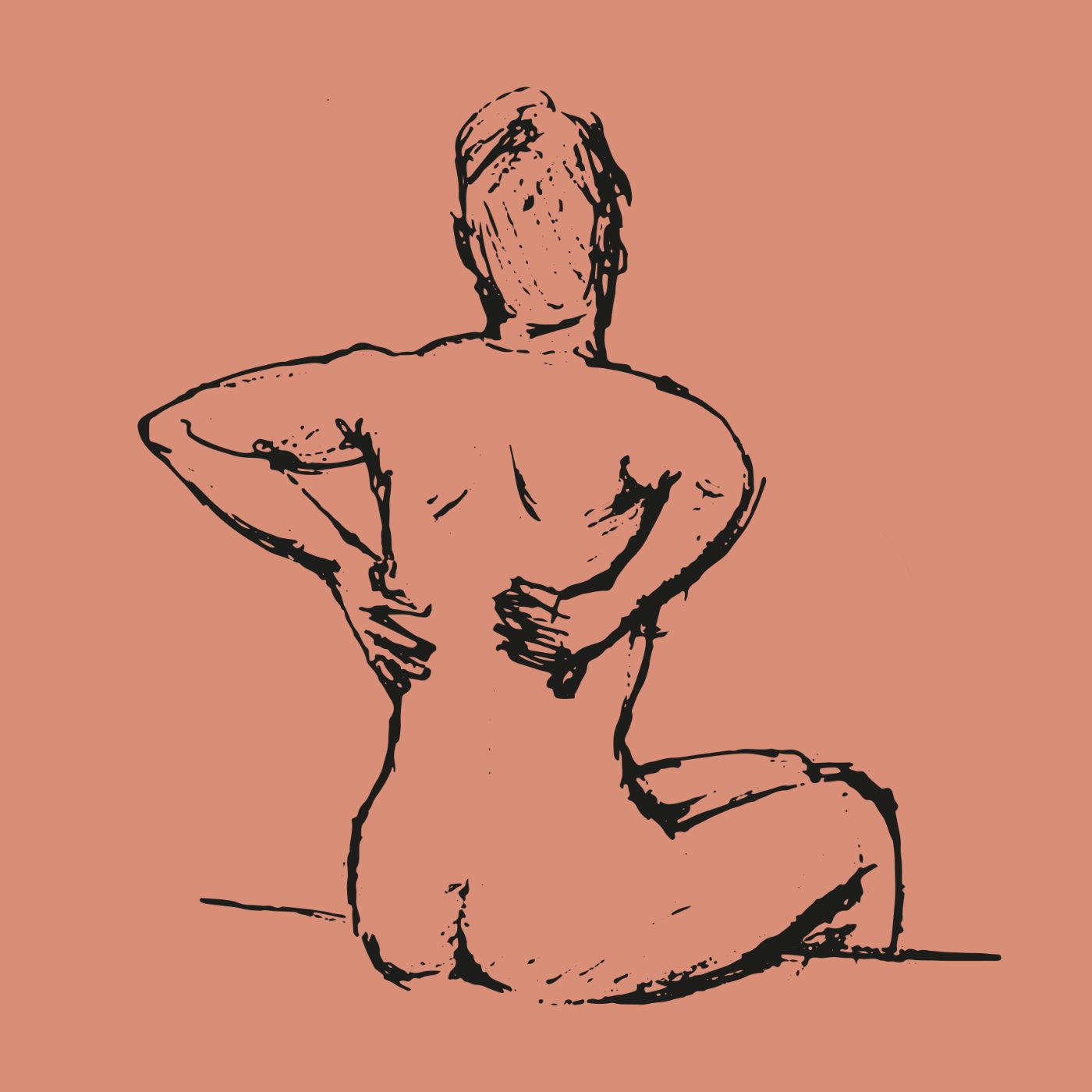Table of Contents
Table of Content
Do Melatonin Sleep Patches work? Yes. Melatonin sleep patches can help you fall asleep.
Struggling to get a good night's rest can be a common issue, and many turn to sleep aids for help.
Melatonin, your body's sleep trigger, is often a go-to choice for a non-prescription aid.
While it's naturally produced in the evening to help you wind down, you can also get it from various supplements.
Melatonin comes in several forms, making it accessible and convenient to use according to individual preferences.
The variety includes everything from quick-dissolve tablets to long-lasting patches that provide a gradual release. With sleep being such a critical part of overall health, exploring these options can be a step towards more restful nights and energetic days.
However, melatonin can come with problems….
How Do Melatonin Patches Work?

Melatonin patches release a steady amount of melatonin into the body through the skin. Normally, the brain releases melatonin naturally in response to darkness (when you switch off the lights to sleep). It's your natural sleep aid.
It helps regulate the body's sleep-wake cycle. The sleep patch is usually placed on a clean, dry skin area, often on the upper body or arm, before bed.
As the patch stays on your skin, melatonin is absorbed into your bloodstream over several hours. This method can provide a more consistent level of the hormone throughout the night compared to taking pills, which release all at once.
The idea is to mimic the body's normal release of melatonin, which peaks at night. This slow release might help the body prepare for sleep more naturally, which can help fix irregular sleep patterns.
Do Melatonin Patches Help You Fall Asleep (Faster)?
Yes, some people find that melatonin patches help them fall asleep faster. By boosting melatonin levels in the body, the patches signal to your brain that it's time to sleep, which might help you drift off faster than you would without them.
However, results can vary from person to person. While some might notice an improvement in how fast they fall asleep, a few others may not find patches as effective.
Research is still ongoing regarding the effectiveness of melatonin patches, so it’s not entirely clear how well they work for everyone. When deciding if melatonin patches could be helpful, individuals should consider their own sleep habits and possible reasons for sleep issues.
Melatonin Vs. Sleep Patches

Oral melatonin supplements and sleep patches are both used to address sleep issues, but they work in different ways:
Melatonin supplements:
- Taken orally as pills, gummies, or liquids
- Directly introduce melatonin into the body
- Typically used for short-term sleep issues or jet lag
- Effects can vary based on dosage and individual response
Sleep patches:
- Applied to the skin, usually before bedtime
- May contain melatonin or other sleep-promoting ingredients
- Designed to deliver ingredients gradually through the skin
- Can provide a more consistent dose over time
Key differences:
- Delivery method: Oral vs. transdermal melatonin patch.
- Duration: Supplements may work faster but for a shorter time; patches often work more gradually for longer.
- Ingredients: Patches may include additional substances beyond just melatonin.
Are Melatonin Sleep Patches Safe to Use?
Melatonin sleep patches are generally considered safe when used correctly and for short periods. However, they're not suitable for everyone and may have risks for certain individuals:
- Nursing or pregnant: Melatonin can affect hormone levels. So if you're nursing, pregnant, or trying to conceive, it's best to avoid melatonin products unless a doctor advises otherwise.
- Depression: Melatonin can sometimes worsen symptoms of depression. Those with this condition should be cautious and consult a healthcare provider before using melatonin patches.
- Post-transplant: Melatonin can potentially affect immune function, which is a critical aspect to consider for transplant recipients. They should consult their specialist before using melatonin.
- Medication interactions: If you're taking other medication, there could be interactions. It's important to check with a doctor to ensure melatonin won’t interfere with your current medications.
- Seizure disorders: For those with seizure disorders, changes in sleep patterns or hormone levels can sometimes trigger seizures. Careful monitoring by a healthcare provider is necessary.
- Blood pressure or bleeding disorders: Melatonin can affect blood clotting and blood pressure, which could be risky for individuals with these conditions.
- Children: The safety of melatonin for children hasn't been thoroughly studied, and since it's a hormone, it might interfere with development. Paediatricians should be consulted before giving melatonin to kids.
While a melatonin sleep patch may offer a convenient alternative to a melatonin supplement, it's not without risks. If you fall into any of the above categories or have other health concerns, it's wise to talk with a healthcare professional before trying melatonin patches.
Are Melatonin Patches Right for Me?
Deciding whether melatonin patches are right for you depends on your specific situation and overall health.
When Melatonin Patches Might Be Helpful:
- Trouble staying asleep: Melatonin sleep patches work by releasing a sustained release of melatonin. If you frequently wake up during the night, a patch might help you enjoy uninterrupted sleep.
- Shift work or jet lag: Melatonin patches can potentially regulate sleep-wake cycles disrupted by irregular work schedules or travel.
- Oral melatonin doesn't work: Some people find that patches offer better absorption and fewer side effects compared to oral supplements.
When to Be Cautious:
- Limited research: While promising, there's still relatively limited research on the effectiveness and long-term safety of melatonin patches as a sleep aid.
- Potential skin irritation: Some people experience skin irritation or allergic reactions to the patch adhesive.
- Underlying sleep disorders: If you have a diagnosed sleep disorder like insomnia or sleep apnea, it's crucial to address the root cause under medical supervision.
Important Considerations:
- Consult your doctor: Before trying melatonin patches, especially if you have underlying health conditions or take other medications.
- Start low, go slow: If you decide to try melatonin patches, begin with the lowest effective dose and gradually increase if needed.
- Healthy sleep habits: Melatonin patches are not a replacement for good sleep hygiene. Maintain a consistent sleep schedule, create a relaxing bedtime routine, and optimise your sleep environment.
Get a Better Sleep Support With KLORIS
At KLORIS, we understand that a peaceful night's sleep is the cornerstone of a vibrant life.
That's why our carefully crafted sleep support patches have become a favourite, offering a restorative slumber without the groggy feeling come morning.
Whether it's the relief from joint discomfort with our CBD patches, the calming effects of our Menopause Support Patches, or the soothing embrace of our CBD bath salts, we've seen firsthand how prioritising natural, quality ingredients makes a profound difference.
We invite you to experience the KLORIS difference.




